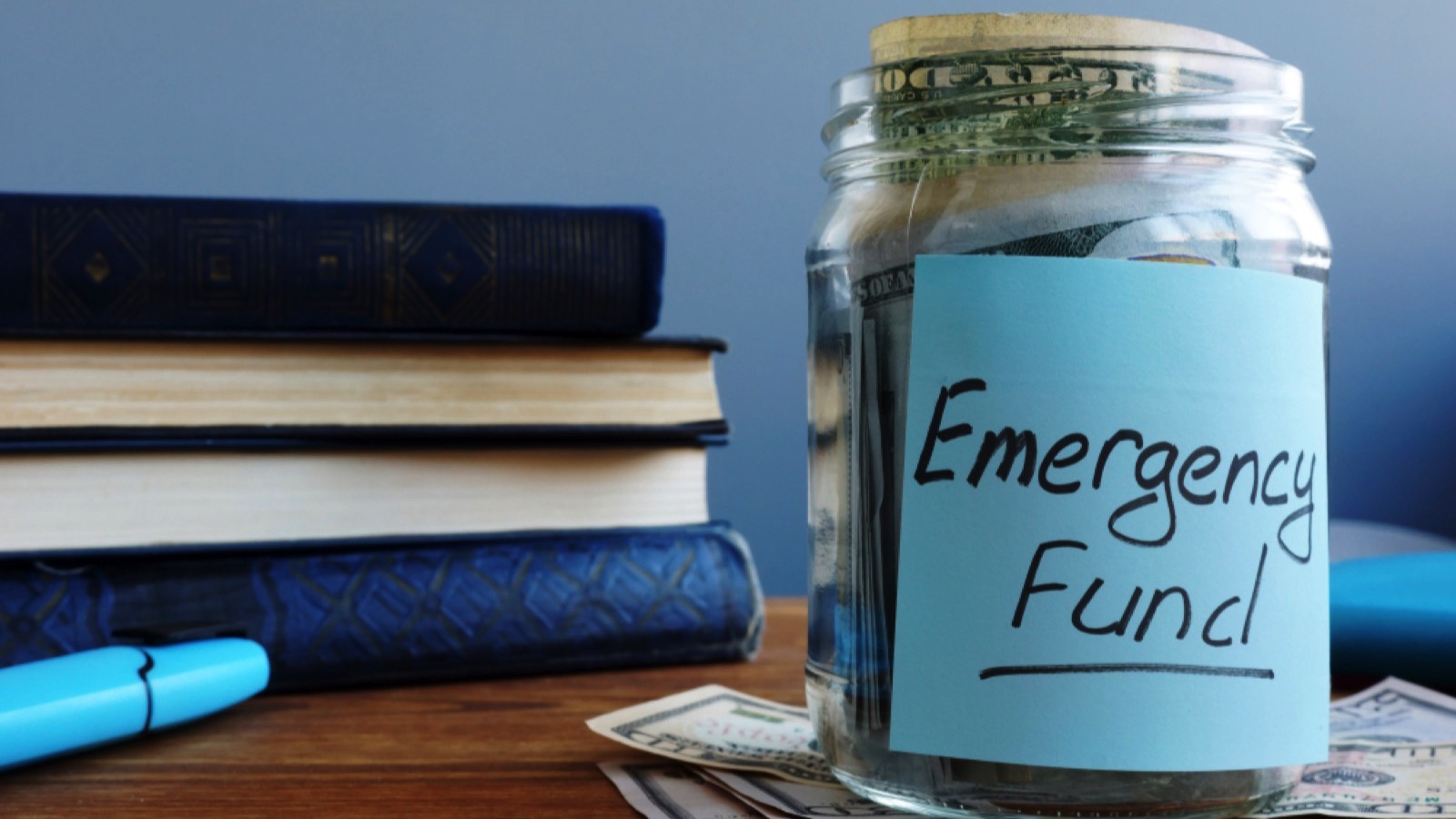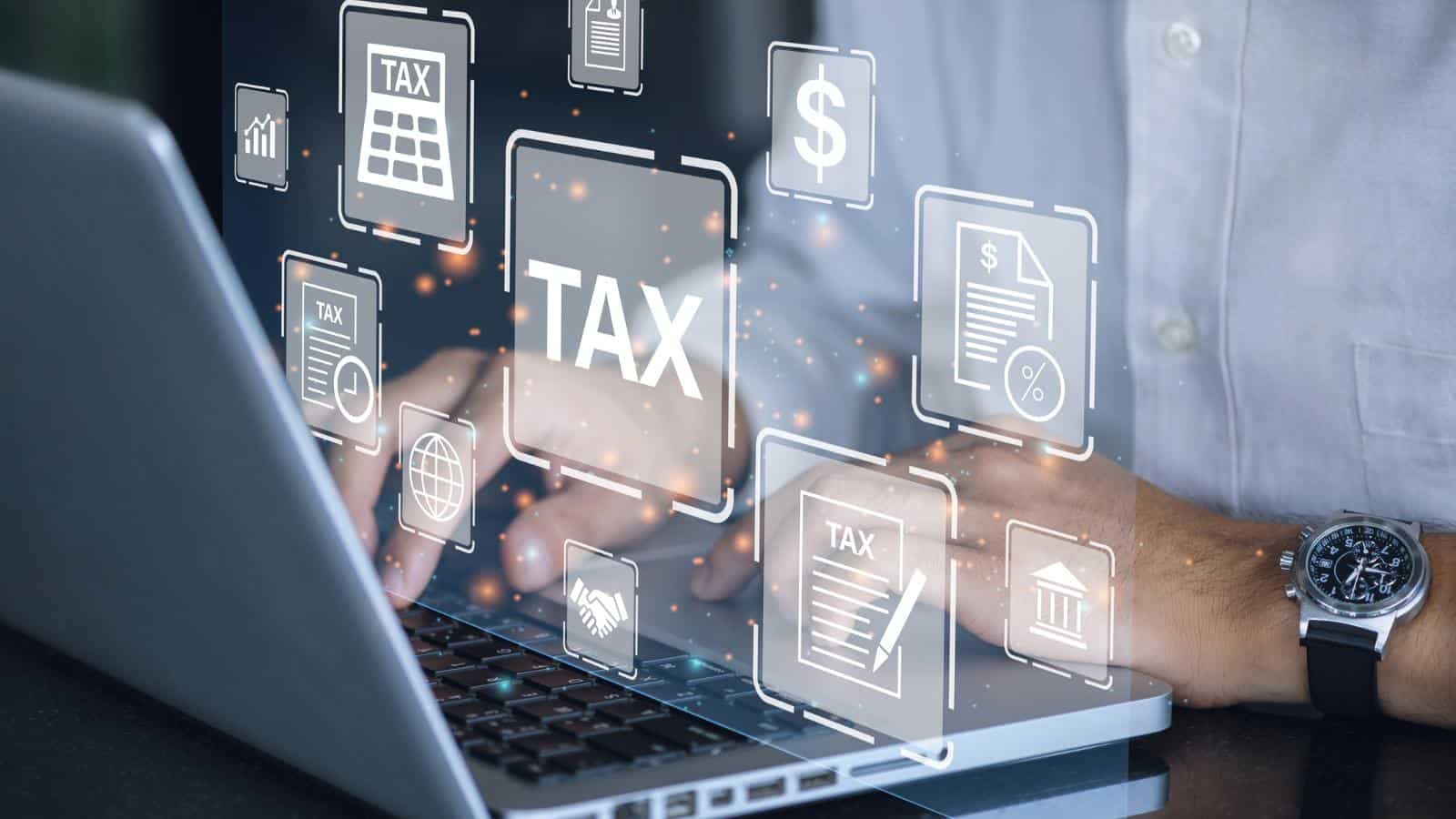It’s impossible for financial independence to happen overnight, but every small step brings you closer to your goal. Everyone dreams of reaching financial independence someday, and thankfully, there are steps you can take toward achieving this. So, here are 19 things you should start doing today to secure your financial future.
Set Clear Financial Goals

The best place to start when aiming for financial independence is to begin by defining what financial independence means for you. This could be retiring early, traveling, or owning a home; either way, as Forbes lays out, setting clear, realistic goals will help you reach them. Break these goals into manageable milestones, making them easier to achieve and track over time, and you’ll be making progress soon enough.
Create a Detailed Budget

It’s impossible to achieve financial independence without understanding where your money goes each month. This is why a detailed budget is so important, outlining your income, fixed expenses, and discretionary spending. It reveals areas where you can cut back or save more effectively, helping you to reach where you want to be in life.
Build an Emergency Fund

An emergency fund acts as a financial safety net, protecting you from unexpected expenses, which is essential if you want to avoid your financial situation from being derailed. It’s best to aim to save three to six months’ worth of living expenses and store it somewhere easily accessible, such as in a high-yield savings account.
Pay Off High-Interest Debt

Before you can start thinking about financial independence, you’ll first need to eradicate high-interest debt from your life, such as credit card balances. Prioritize paying off these debts as quickly as possible, focusing on higher-interest accounts first. This will prevent your debt from spiraling out of control, enabling you to slowly start tackling it so that you can start fresh.
Automate Your Savings

These days, automating your savings is highly advised as a simple way to ensure you’re consistently setting money aside. Simply set up automatic transfers from your checking account to your savings or investment accounts. This approach makes saving a regular habit without requiring constant attention, pushing you to build your financial reserves effortlessly.
Invest in a Retirement Account

Ask any financial advisor, and they’ll tell you that contributing to a retirement account, whether through PAYE or your own independent fund, is essential for long-term financial security. These accounts offer tax advantages and compound growth, which can significantly boost your savings over time. Start early and contribute regularly to maximize the benefits, and you’ll thank yourself later.
Diversify Your Investments

Relying on a single investment will always be risky, so diversify your investment portfolio across different asset classes, such as stocks, bonds, and real estate. This helps to spread risk and increases the potential for returns, allowing you to adapt to market fluctuations and maintain steady growth over the long term.
Live Below Your Means

It should go without saying that spending less than you earn is essential to kickstart financial independence. There’s no denying that it will require discipline and smart choices about how you use your money, but it will no doubt help you make significant progress. Focus on your needs rather than wants, and avoid lifestyle inflation as your income grows.
Track Your Net Worth

Another step to start securing your financial independence today is to regularly monitor your net worth, which provides a clear picture of your financial progress. Calculate it by subtracting your liabilities from your assets. Tracking this number over time helps you see how well you’re building wealth and highlights areas where you need to improve.
Increase Your Income

While it’s easier said than done, finding ways to increase your income will obviously accelerate your journey to financial independence. This could involve asking for a raise, starting a side business, or investing in your education to enhance your skills. Either way, higher income provides more resources to save, invest, and achieve your financial goals faster.
Protect Your Assets with Insurance

Some people falsely believe that insurance is a waste of money, but this couldn’t be further from the truth. Insurance of any kind safeguards your financial stability by covering unexpected costs related to health, property, or income loss. Ensure you have adequate coverage, including health, home, auto, and life insurance, and you can prevent your finances from being derailed in the face of an emergency.
Educate Yourself About Personal Finance

It shouldn’t come as a surprise that financial literacy is key to making informed decisions about your money. This means investing time into learning about personal finance topics such as budgeting, investing, and tax planning. Understanding these concepts empowers you to manage your finances effectively and avoid common pitfalls that can hinder your progress.
Limit Lifestyle Inflation

As we briefly mentioned earlier, it’s important to avoid lifestyle inflation if you’re seeking financial independence. As your income increases, it can be tempting to upgrade your lifestyle but don’t fall into this trap. Focus on maintaining or modestly increasing your current lifestyle while saving the additional income, preventing you from whittling valuable saving opportunities away.
Build Multiple Income Streams

Perhaps the best way to become financially independent is to create multiple income streams, such as investments, side businesses, or rental properties. Just like with your investment portfolio, this will diversify your financial resources. In the event that you lose one of your incomes, you’ll thank yourself for having the others available as safety nets.
Plan for Major Life Events

When planning your emergency fund, it’s wise to try to anticipate and account for major life events, such as buying a home, having children, or retiring. Consider the costs associated with these events and start saving early, as a proactive approach ensures that you’re financially prepared when these milestones occur.
Maximize Tax Efficiency

Nobody likes paying taxes, but it’s essential, so you need to consider strategies for keeping more of your money. Utilize tax-advantaged accounts, such as retirement plans and health savings accounts, to reduce your taxable income. Additionally, consider working with a tax professional to identify further deductions and strategies that you may be subject to.
Prioritize Health and Well-being

Believe it or not, maintaining your health is vital for achieving long-term financial independence. Medical emergencies can quickly drain your savings if you’re not careful, as you’ll be out of work for a while and may even need to pay for private healthcare. So, invest your time in a healthy lifestyle and diet, and this will allow you to work longer, save more, and enjoy the financial freedom you’ve built.
Surround Yourself with Supportive Influences

You’re never going to become financially independent if you surround yourself with people who spend money irresponsibly. Instead, surround yourself with individuals who support your financial goals and encourage good money habits. Seek advice from financial mentors or join communities focused on financial independence. You’ll be surprised at how positive influences can keep you motivated and accountable on your journey.
Review and Adjust Your Plan Regularly

Above all, it’s important to recognize that your financial situation and goals may change over time, so you need to review and adjust them regularly. Assess your budget, investments, and savings progress at least annually, ensuring that everything is still in line with your aspirations. Making necessary adjustments ensures that you remain on course and continue moving toward financial independence.

